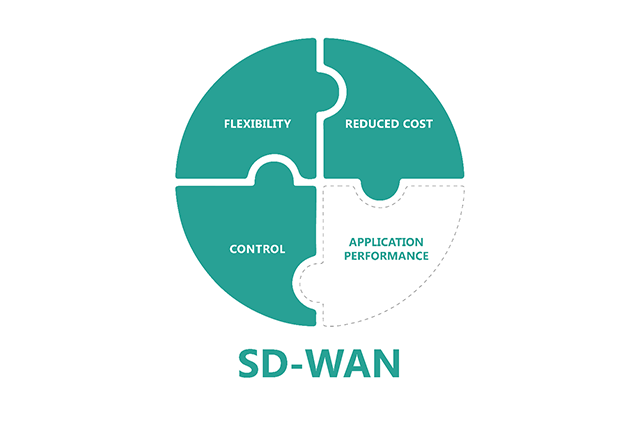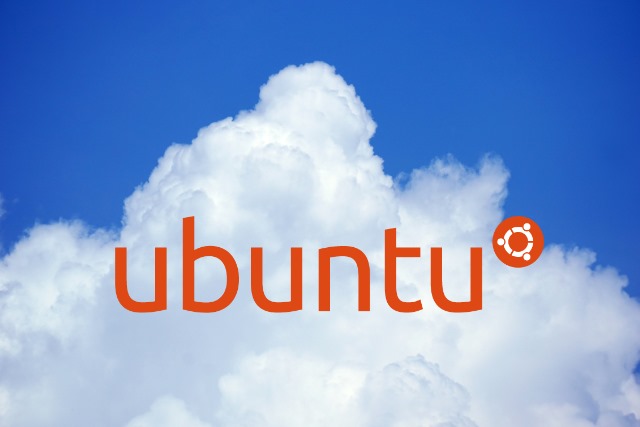
Google will start deleting inactive accounts and wiping out user data later this year
Google has announced an update to its inactive account policies that means some user accounts will be deleted before the end of the year.
The company says that accounts that have not been accessed for two years will be deleted starting in December. While the deletion of inactive accounts might seem fairly innocuous, there are serious implications for many people, such as those who have used Google cloud storage, or Gmail, as a means of backing up data and have had no reason to access their account since.

Microsoft is able to look inside your password protected zip files
Microsoft has been spotted scanning for malware within password protected zip files stored on its cloud services.
Security researcher Andrew Brandt was among those to notice that Microsoft appears to be bypassing passwords added to zip archives in order to check for malware. While the intentions of the company may be good, the practice raises serious questions about privacy and security.

Cloud professionals cling to their passwords despite the risks
Despite the fact that insecure password practices are regularly exploited in cyberattacks worldwide, 83 percent of cloud professionals surveyed at the recent Cloud Expo Europe event say they are confident about passwords' security effectiveness, with 34 percent 'very confident'.
But the study, of over 150 people, carried out by Beyond Identity also reveals frustrations. 60 percent find it frustrating to remember multiple passwords, 52 percent are frustrated by having to regularly change their passwords, and 52 percent by the requirement to choose long passwords containing numbers and symbols.

How does adopting cloud and hybrid environments drive change in managing identities?
Businesses of all sizes have had to accelerate digitization across the entire business in recent years, as the adoption of hybrid working practices forces them to make changes to ensure operational continuity. By digitizing processes and embracing the cloud, businesses have delivered faster, more flexible, and more resilient services for employees and customers.
The rate of cloud adoption shows no signs of relenting. Gartner forecasts worldwide public cloud end-user spending to reach nearly $600 billion in 2023. This growth presents a multitude of opportunities, but the compounded cyber risk that comes with a widening digital footprint presents IT and security teams with an immense challenge.

Google brings AI collaboration to work
Google used yesterday's Google I/O to announce new services and capabilities across Google Cloud and Workspace.
Among these is Duet AI, an AI-powered collaborator, to enable more users and developers to start seeing the impact AI can have on their organization and help solve day-to-day work challenges.

Exploring the potential of cloud PCs for strategic cost rationalization
The introduction of advanced technologies has opened a world of possibilities for global corporate growth. The problem is that IT department budgets continue to be constrained, limiting the scope of technology investments at large.
This means that business leaders need to innovate to be prepared for changing business conditions. Advancing their digital transformation roadmaps should take priority as this will likely provide the greatest return on IT investment since the technology choices they make today will have a major impact on future success.

Should IT chiefs be wary of vendor lock-in when moving to the cloud? [Q&A]
In the dash to move systems to the cloud it's easy to become dependent on the services of a specific vendor, making it time-consuming or costly to move to an alternative at a later date.
We spoke to Cooper Lutz, chief architect, digital solutions at AHEAD, to get his advice for IT teams making their way to the cloud on the best practices to mitigate vendor lock-in.

Enterprise IT leaders plan to cut cloud spending
A new study from Vega Cloud on the use of cloud software and services by enterprise IT executives shows 48 percent expect to reduce their IT spending a little or a lot in 2023.
In addition, 65 percent say that reducing their cloud spending will be a goal for this year, while three-quarters of IT execs surveyed say they plan to cut cloud costs by between 10 and 50 percent in 2023.

How SD-WAN and Public Cloud have changed the dynamics when it comes to modern connectivity and infrastructure requirements
Digital and cloud transformation has unlocked new business opportunities and operational efficiencies for organizations. But migration to the cloud also means our approach to deploying applications and services has radically changed, as enterprises move away from traditional data centers. Likewise, flexible working means users have also moved away from traditional offices and branches.
As a result, organizations that were once heavily dependent on MPLS (multi-protocol label switching) have either moved, or are moving, away and it has lost its dominance. Today, many organizations have either deployed, or are looking to deploy, SD-WAN over the internet. However, the move away from MPLS to an internet-based SD-WAN solution means that some global organizations are now struggling with the performance of their inter-region connectivity. Using the internet between regions – across longer distances and where applications are not locally hosted – can present issues.

Ubuntu Pro becomes available on the AWS EC2 console
Ubuntu Pro is now available in a subscription-included model on Amazon Web Services (AWS), allowing users to launch Ubuntu Pro on-demand instances and purchase Ubuntu Pro Compute Savings Plans from the Amazon Elastic Compute Cloud (Amazon EC2) console.
Users will be able to run Ubuntu machines with expanded security maintenance, kernel live patch, and hardening scripts out of the box with all of these features enabled by default.

Integration is a top priority for enterprises
A new report finds that 71 percent of enterprises are actively planning to implement integration technology this year.
The study from enterprise integration platform as a service (iPaaS) company Digibee surveyed over 1,000 US and Canada-based CIOs, CTOs, developers, and enterprise architects, and finds integration strategies being hampered by technology that isn't cloud-native and lack the agility to respond quickly.

Google Authenticator gains cloud backup of one-time codes
Google has released an important update for its Authenticator app. The latest versions of Google Authenticator for iOS and Android can now synchronize one-time codes to the cloud.
In offering Google Account synchronization, the 2FA tool is now easier to use across multiple devices. This is something Google points out as being useful in the case of a lost or stolen device.

Why Hybrid Cloud is here to stay
Cloud has completely changed how contemporary businesses operate. It gives organizations a scalable means of managing their infrastructure, applications, and data. Between its flexibility and Pay as You Go (PAYG) options, Cloud provides substantially more configuration and design options than traditional infrastructure. As a result, businesses are adopting cloud services more and more frequently, giving them access to new tools and technologies, while also yielding efficiency improvements for their operations and procedures.
According to some projections, the worldwide cloud services industry will be worth about $600 billion by 2023, generating a rapidly expanding need for hybrid and multi-cloud solutions. Gartner expects that cloud system infrastructure services will be the second-biggest, but fastest-growing, cloud expenditure market category in 2023. As illustrated by the projected increase, hybrid and multi-cloud computing is becoming the new normal for many organizations -- providing them with the scalability benefits of public cloud -- while also delivering the flexibility and control inherent in private cloud computing and traditional server infrastructure.

New tool makes it easier to manage machine identities
Thanks to increased cloud and container use there's a growing demand for machine identities, but delivering and managing those identities can present problems.
Machine ID specialist Venafi is launching a new tool called Firefly that enables security teams to easily and securely meet developer-driven machine identity management requirements for cloud native workloads by issuing machine identities, such as TLS and SPIFFE, locally and quickly across any environment.

What if cloud data was stored on floppy disks?
In 2020 alone, 61 percent of businesses migrated their workloads to the cloud, with 48 percent actively choosing to store their most important data in the cloud.
But because cloud storage is out of sight it can sometimes be difficult to understand just how much data there is stored out there.
